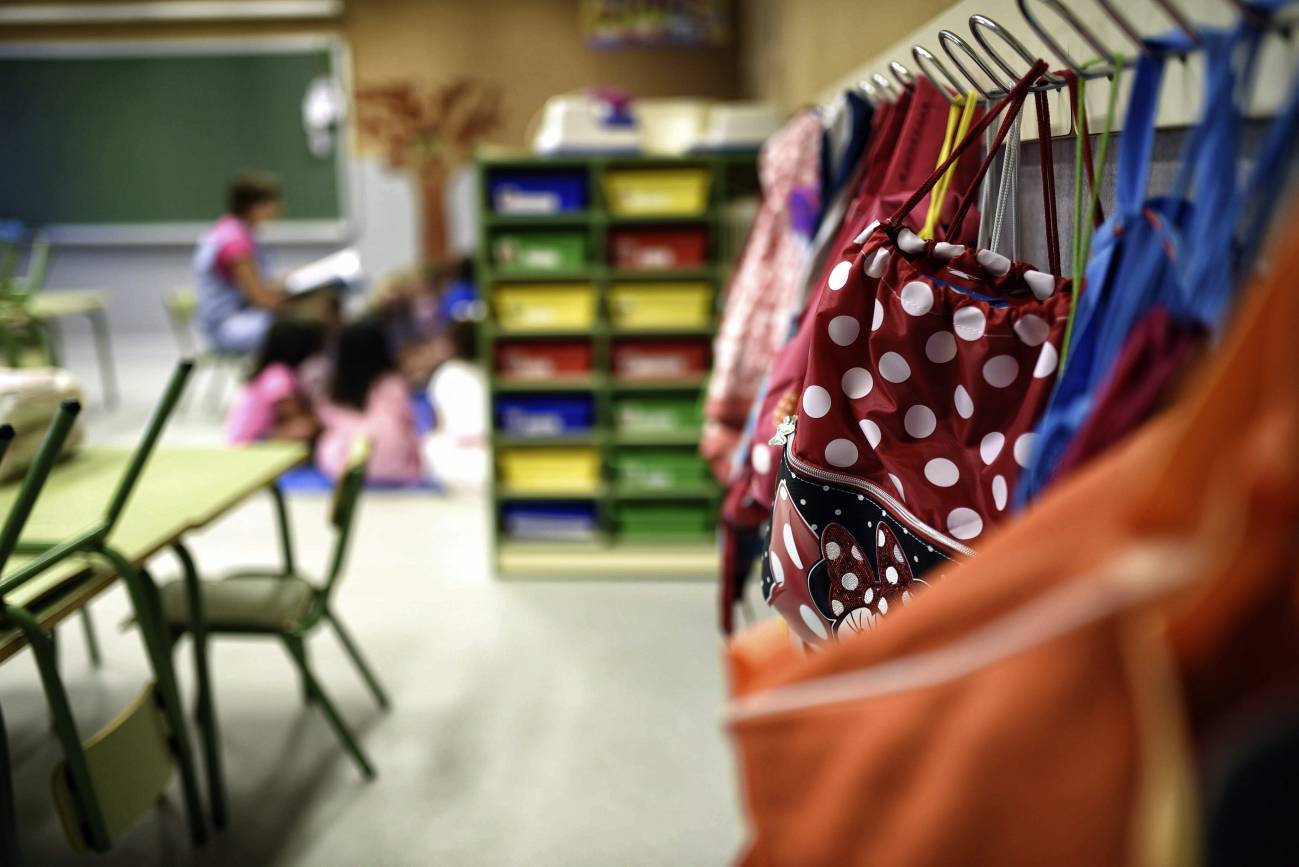Reaction to study that says non-disabled students get the same results when they have disabled peers
A study published in PLoS ONE concludes that students who attend classes with peers with disabilities do not see their academic results affected.

Ignacio Calderón - polacos
Ignacio Calderón Almendros
Professor of Education Theory at the University of Malaga
The study by Grzegorz Szumski and his team is a solid work, well constructed and solidly based on the scientific literature, and particularly on the work that has been developed in different parts of the world to try to show the capacity and relevance of inclusive education in the face of proposals for segregated schooling. In other words, beyond the unquestionable benefits of educating all children and young people together in the same schools and classrooms, which requires taking into account the different needs of the population, a series of studies have been developed that underpin the value of inclusive education in terms of its effectiveness, both in terms of academic achievement and social improvements. A number of meta-research studies have unequivocally shown results in this direction. Among them, Szumski and colleagues published in 2017 a meta-analysis of 47 studies on the effectiveness of inclusive education for students not considered to have special educational needs.
Inclusive education is often thought to focus on learners named by disability or other disadvantaged groups. This is a misconception, as inclusive education is a project to improve the education system for the whole population. That meta-analysis by Szumsky's team answered the question of what happens to students for whom inclusive education apparently has nothing to offer, challenging widespread beliefs that inclusive education is negative for students who are traditionally enrolled in mainstream education. That study showed that attendance in inclusive classrooms is positively, albeit weakly, associated with the academic achievement of students without special educational needs.
The new study now published is the result of a longitudinal study conducted in secondary schools in Poland, comparing the academic performance of 1,552 students without disabilities in three different educational settings: mainstream, with no students with disabilities; inclusive (with co-teaching), with three to five students with disabilities; and inclusive (without co-teaching), with one to two students with disabilities. The results are consistent with previous analyses, and show that there is no significant loss or benefit in terms of academic achievement when they are schooled alongside pupils labelled as having special educational needs. This implies that there are all benefits: respect for human rights, the possibility of learning to live together and learning to value differences.
Beyond this, the study is limited in that it does not delve into the supposedly inclusive practices of the classrooms studied. Rather, the study shows that in schools where disabled and non-disabled students are together, there is no academic benefit or detriment to the latter group. Nothing is known about the methodological transformations carried out in these classrooms, as required for inclusive schooling. Therefore, the results of the study are all the more valuable in underpinning the development of inclusive education in times when unsubstantiated arguments and beliefs continue to maintain school segregation.



